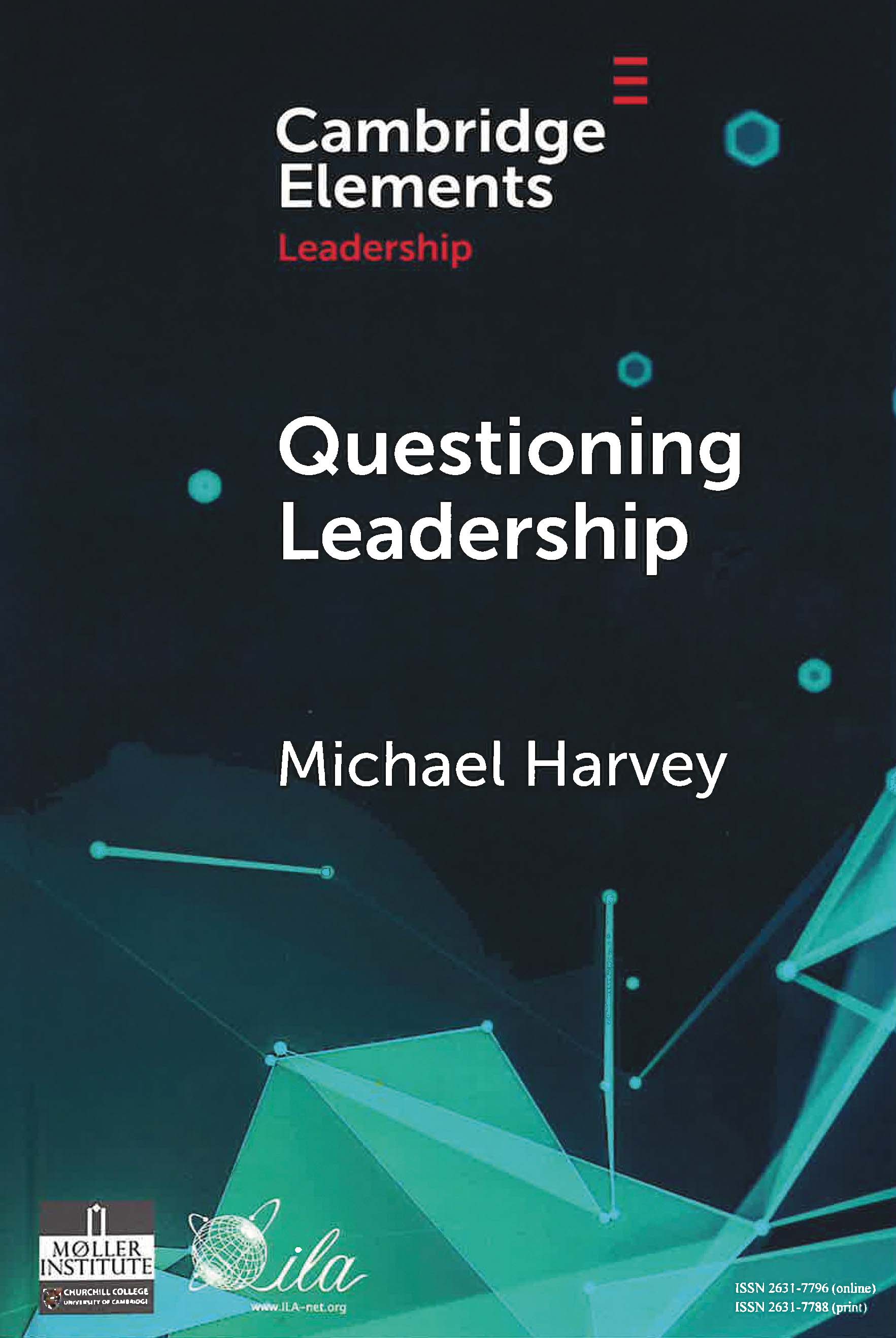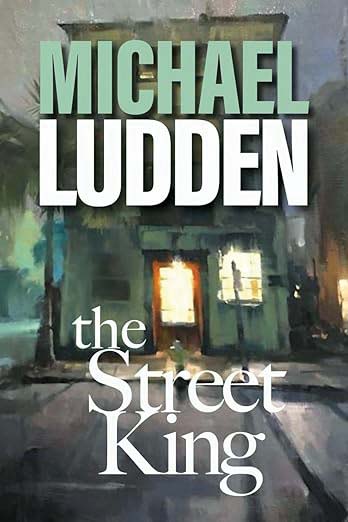In Print
Review: Questioning Leadership by Michael Harvey
By Todd Farley
Does your organization need to be shepherded toward a shared goal? Does your group have difficulty with change? If those scenarios or any other related leadership predicaments sound familiar, you might benefit from the new book Questioning Leadership by Michael Harvey, the John S. Toll Associate Professor of Business Management at Washington College.
“Leaders help groups solve their hardest problems through critical inquiry that sparks creative solutions,” Harvey writes, “and helping navigate the group to effective truths that enable it to survive and thrive is the core of the leader’s work.”
In Harvey’s telling, leadership is no magical skill; rather, it’s an “applied or practical wisdom” that allows groups to effectively move forward, primarily through asking questions.
Questioning Leadership offers five core questions leaders should ask of a group:
- Who Are We? – Identify the group’s shared identity.
- Where Are We? – Understand the group’s context in
the world. - Where Are We Going? – Recognize the group’s
desired outcome. - How Do We Get There? – Determine the steps needed
to reach that destination. - What About Me? – Understand that groups are made up
of individuals, and individuals are inherently interested in how an outcome affects them personally.
Harvey writes that historically group decisions were informed by one of two things: culture or bureaucracy. Culture elicits actions through a set of unwritten rules based on an agreed-upon set of beliefs about how the world works. Bureaucracy is a rigid hierarchy where answers are based on “rationally derived and applied [written] science rules.” Both provide structure and consistency but can be obstacles when rapid change and adaptation are needed—such as in today’s world. That’s when a leader can lead through questioning.
“Leaders, through their questions and answers, disrupt groups,” Harvey writes.
Positive disruption, as Harvey uses it, can shake a group or organization out of stasis and predictability and into coming up with more dynamic and imaginative solutions. But disruption by itself is not a panacea. Even leaders whose disruptions solve major problems can have unintended impacts. Harvey cites Mohandas Gandhi as an example.
Gandhi is rightly revered for ending British colonial rule in India through peaceful means. However, he had many detractors: a political leader of lower-caste Indians “disdained” him for not focusing on caste; a leader of Muslim Indians scoffed that he didn’t care enough about faith; while a group of ethno-nationalist Hindus assassinated him in 1948 because they believed his actions “betrayed India’s Hindu identity.”
Gandhi’s notable and effective political disruptions led to Indian independence and his status as India’s great liberator; unfortunately, they may also have led to his murder. So, as Plato writes in his Statesman, it’s as important to bring a group together as it is to disrupt them, to ultimately weave “different kinds of people into one political fabric.”
A good leader disrupts the group AND brings it together. They disrupt by asking the difficult questions the group needs to solve its problems. They unite the group by making the answers a collaborative effort. Good group leadership, Harvey concludes, could be described by the author John Gardner’s phrase “workable unity.” To Harvey, that means a complex, dynamic togetherness—“not an unum, a one, of perfect identity, but a boisterous, many-voiced community, with disagreements and different ideas as sharp and deep as the beliefs that unite.”
Leadership is about “influence and persuasion, collaboration and results,” Harvey acknowledges. “But before all that, it’s about wrestling with questions.”
The Street King By Michael Ludden ’73
By Hillary L. Bitting
Michael Ludden ’73 has crafted a charming protagonist in Tate Drawdy, the hero of Ludden’s latest novel, The Street King, and of the eponymous Tate Drawdy mystery series. Drawdy is clever, resilient, and loyal, a classic streetwise detective in the hardboiled tradition who is committed to keeping his community safe. Yet, in Ludden’s deft hands, he has a depth of character and can be quite endearing, too. The Street King has all the banter, betrayal, suspense, and plot twists you could want from a murder mystery. The depiction of Savannah and its unique architecture is enough to entice the reader into a spontaneous trip to the beautiful coastal Georgia city, hopefully without racking up any criminal charges. —Hillary L. Bitting


